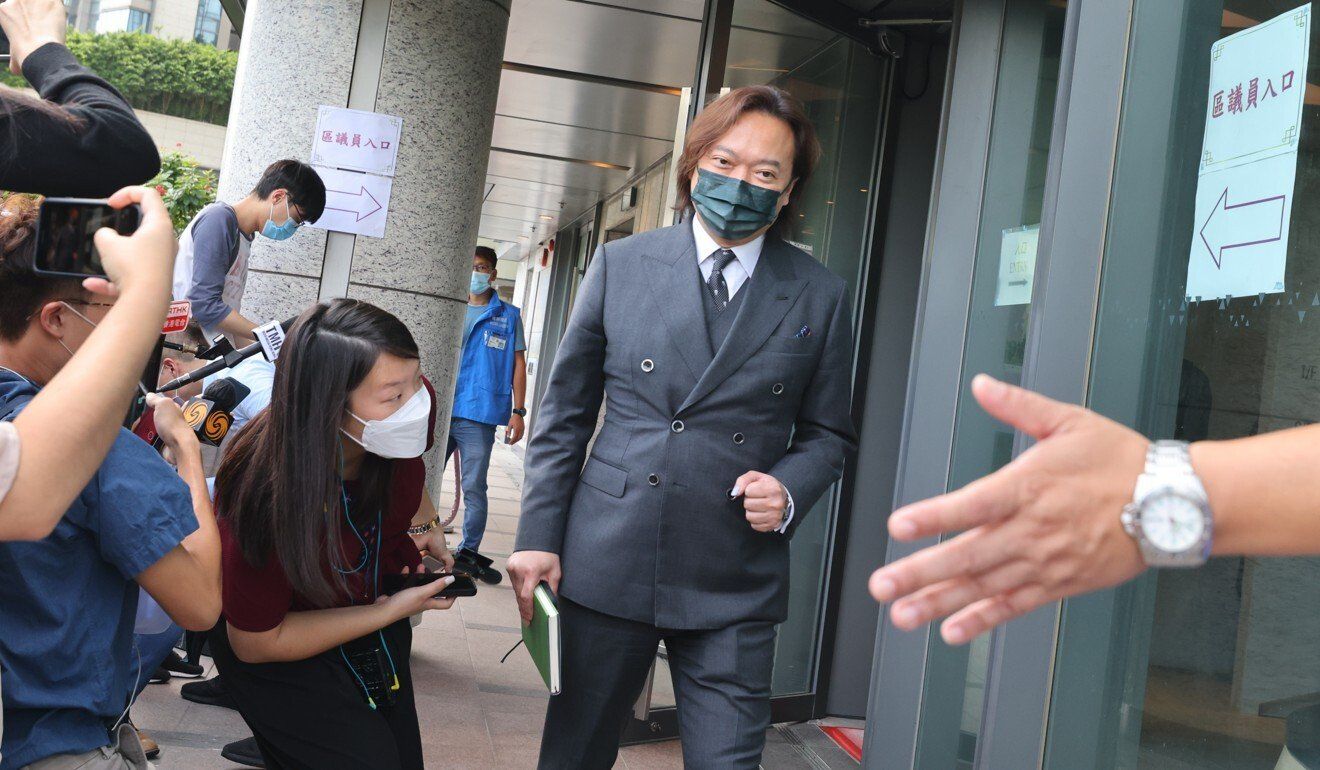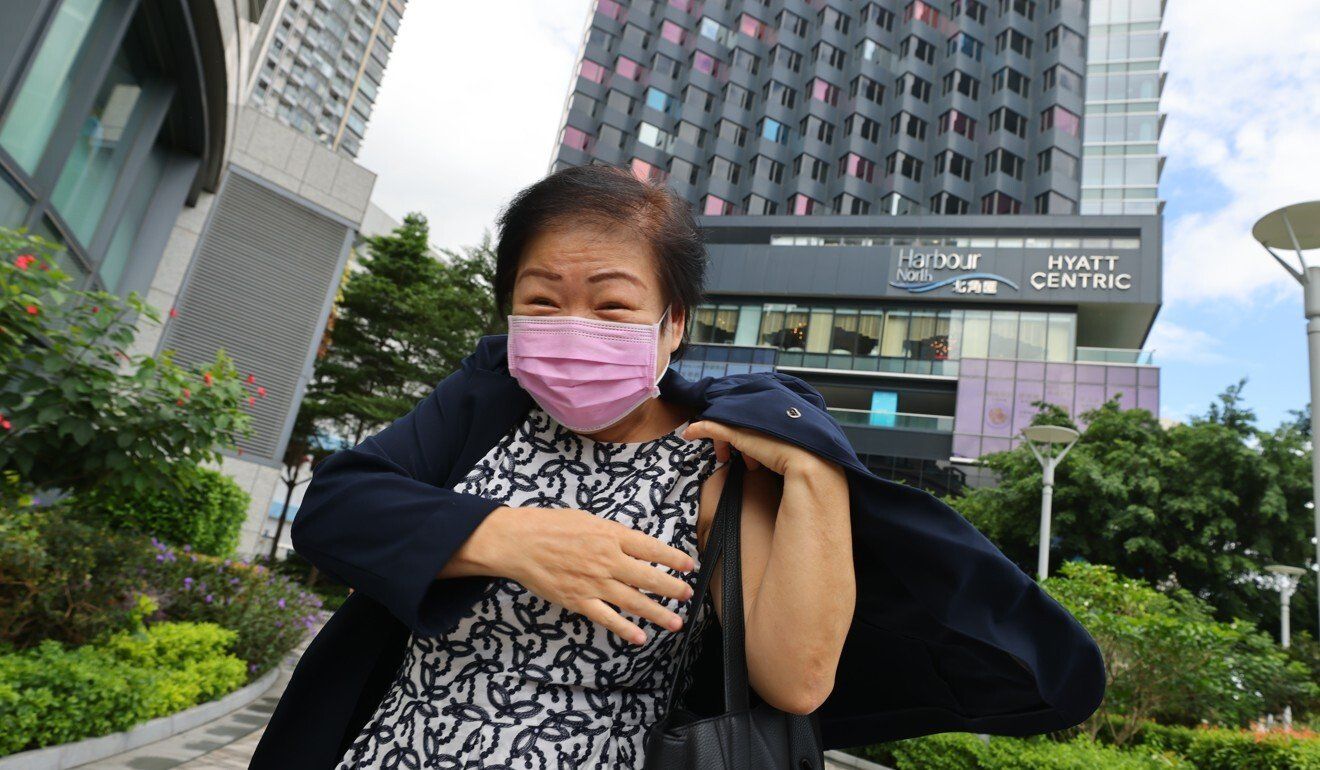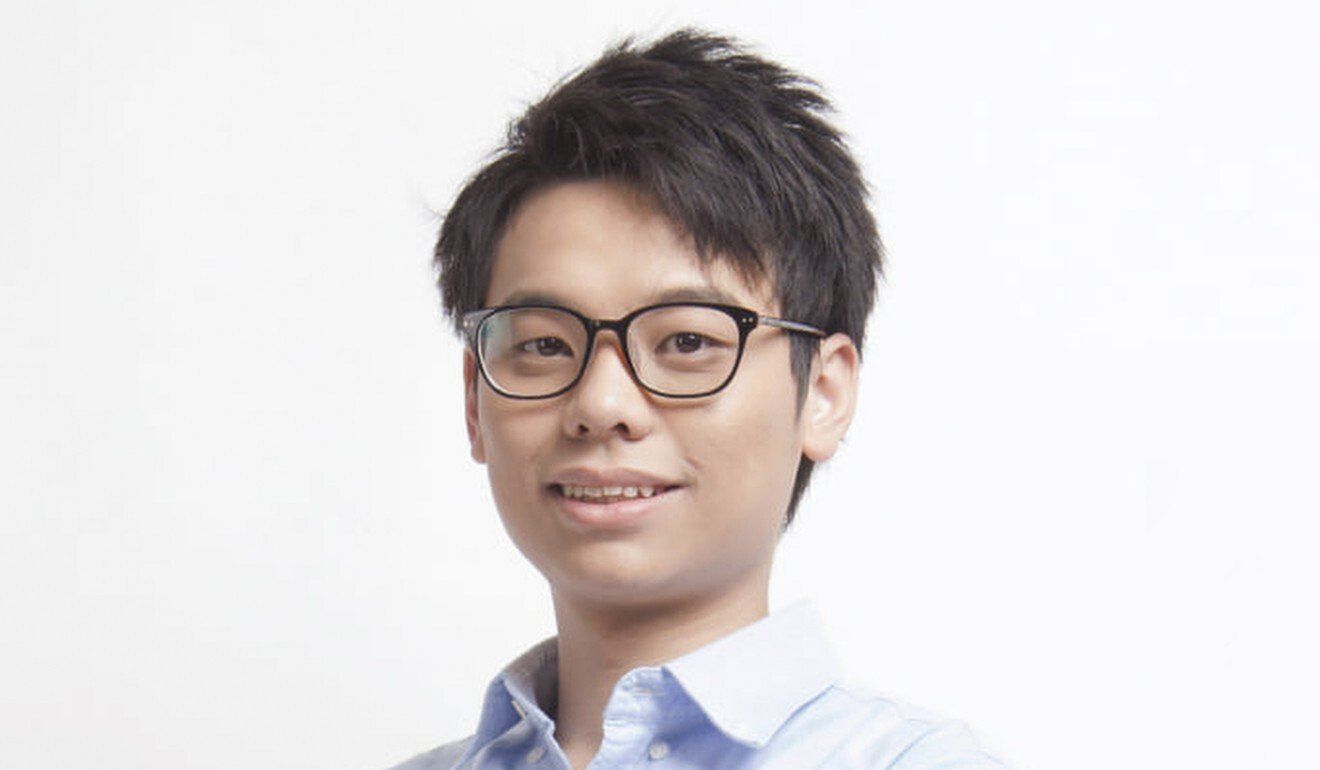Of the 56 councillors invited to swear allegiance to Hong Kong, 10 are undergoing further questioning, while 1 has been immediately unseated for refusing to attend.
Former Hong Kong lawmaker James To Kun-sun and four colleagues from the Democratic Party, which will decide this weekend whether to boycott December’s Legislative Council poll, were among 10 district councillors whose allegiances to the city were challenged on Friday within hours of taking their oaths.
A total of 56 councillors from Kowloon had been invited to make the vow – required under the national security law– but one, opposition district councillor Lee Man-ho, was immediately unseated after skipping the ceremony.
The councillors on hand, 26 of whom hailed from the opposition camp, pledged to uphold the Basic Law– Hong Kong’s mini-constitution – and bear allegiance to the city.
In a statement issued late on Friday, the Home Affairs Bureau said its chief Caspar Tsui Ying-wai had validated the oaths of 45 councillors, including three from the Democratic Party and 13 others from the opposition bloc.
Officials were contacting the remaining 10 to ask them to elaborate further on their work and past conduct, a process that could lead to their disqualification if their vows were deemed insincere.
Sources have told the Post that some of those had been asked to offer explanations by 5pm on Monday for a range of activities they were said to have engaged in.
For some, that was their use of district offices as polling stations in an unofficial primary in July 2020, which led to 47 opposition figures being charged with subversion.
Others were expected to comment on why they had signed a declaration vowing to vote down the Hong Kong budget and other government proposals if elected as lawmakers.
Also requiring explanation was the posting on social media of “Liberate Hong Kong; revolution of our times”, a slogan popular with protesters during the 2019 social unrest that was at the centre of the city’s first trial under the national security law.
 Lawrence Lau, who is facing subversion charges, arrives at Friday’s oath-taking ceremony.
Lawrence Lau, who is facing subversion charges, arrives at Friday’s oath-taking ceremony.
Other than To, the Democrats contingent who had their oaths challenged were: Edith Leung Yik-ting, from Kwun Tong; Tsang Tsz-ming, of Yau Tsim Mong; Tony Kwok Tin-lap and Pius Yum Kwok-tung, both of Kowloon City.
The remaining five comprised: Lawrence Lau Wai-chung, of Sham Shui Po; Ken Tsang Kin-chiu, from Kowloon City; Sean Mock Ho-chit, of Wong Tai Sin; as well as Suzanne Wu Sui-shan and Chu Kong-wai, of Yau Tsim Mong.
Four of the 10 – Lau, To, Kwok and Leung – took part in last summer’s unofficial primary election. Lau was charged with subversion over the primary, while To was arrested but not charged. Kwok and Leung were accused of allowing their offices to be used as polling stations.
Earlier on Friday, Lau admitted he feared being unseated, after taking his vow at North Point Community Hall.
“All the time, I’m not just worried about this matter, I have lots of things to worry about. You have to worry about your safety,” he said. “I took my oath sincerely. I hope my sincerity touched them all.”
 District councillor Mandy Tam leaves following Friday’s ceremony.
District councillor Mandy Tam leaves following Friday’s ceremony.
Last month, 47 people who attended a film screening at Chu’s district office were prosecuted, following a raid by police and health inspectors, who said the gathering violated social-distancing rules amid the Covid-19 pandemic.
All eyes were on how the Democratic Party, the largest in Hong Kong’s opposition bloc, would fare in the oath-taking process on Friday. The party’s Eastern district councillor, So Yat-hang, was one of seven municipal-level politicians unseated less than two weeks ago when their oaths were invalidated.
The party will hold a secret ballot on Sunday to determine whether to field candidates in the coming Legislative Council election. Most of the party’s rank and file are said to be against taking part in the wake of Beijing’s radical shake-up of the city’s electoral system, which introduced a strict vetting process for candidates.
Following the national security law’s imposition in June 2020, the oath-taking requirement was extended from Hong Kong’s top officials, legislators and judges to cover all public officers, including civil servants, district councillors and members of the Election Committee, which selects the city leader.
Of the 452 district councillors elected in 2019, 392 were from the opposition camp, following a massive landslide victory. But some 260 have since quit after rumours circulated that they would have to pay back their entire accrued salaries if ousted.
Sources later told the Post that authorities were aware the legal rationale for such a move was weak but that the “tactic worked”.
Writing on his Facebook page late on Thursday, Lee, a member of Sham Shui Po District Council, said he would not take the oath because he considered the Hong Kong government an “autocracy”.
“Rather than reflecting on the defeat in 2019, the city’s autocratic regime made draconian laws and added various new rules to rewrite the electoral results,” Lee said.
“I think we cannot cooperate with the government endlessly, especially when there was no such oath-taking rule before the election … Today, it can force me to take the oath, tomorrow it can force me to love the Communist Party.”
Last year, Lee was cautioned by the Home Affairs Department to stop posting derogatory notices after a sign reading “no blue ribbons and dogs allowed”, a reference to government supporters and police, was spotted in his office.
 District councillor Lee Man-ho declined to take part in a required oath-taking ceremony on Friday.
District councillor Lee Man-ho declined to take part in a required oath-taking ceremony on Friday.
After a similar oath-taking ceremony two weeks ago, opposition councillor Peter Choi Chi-keung was unseated for refusing to show up, while seven other Hong Kong Island district councillors were disqualified after home affairs minister Tsui said he was unconvinced they were sincere.
Sources previously said the seven were disqualified because of their involvement in last year’s unofficial primary election.
Seven other opposition camp members were among the 17 councillors who had their oaths validated at that ceremony.
About 120 opposition councillors remain, accounting for around half of the 204 politicians in the 18 district councils.















